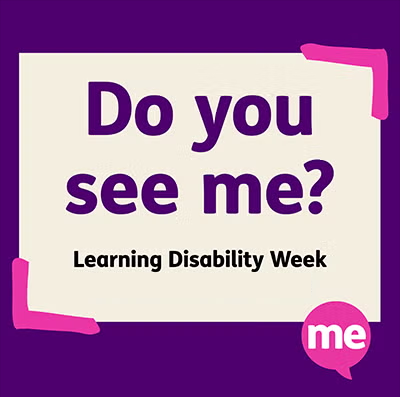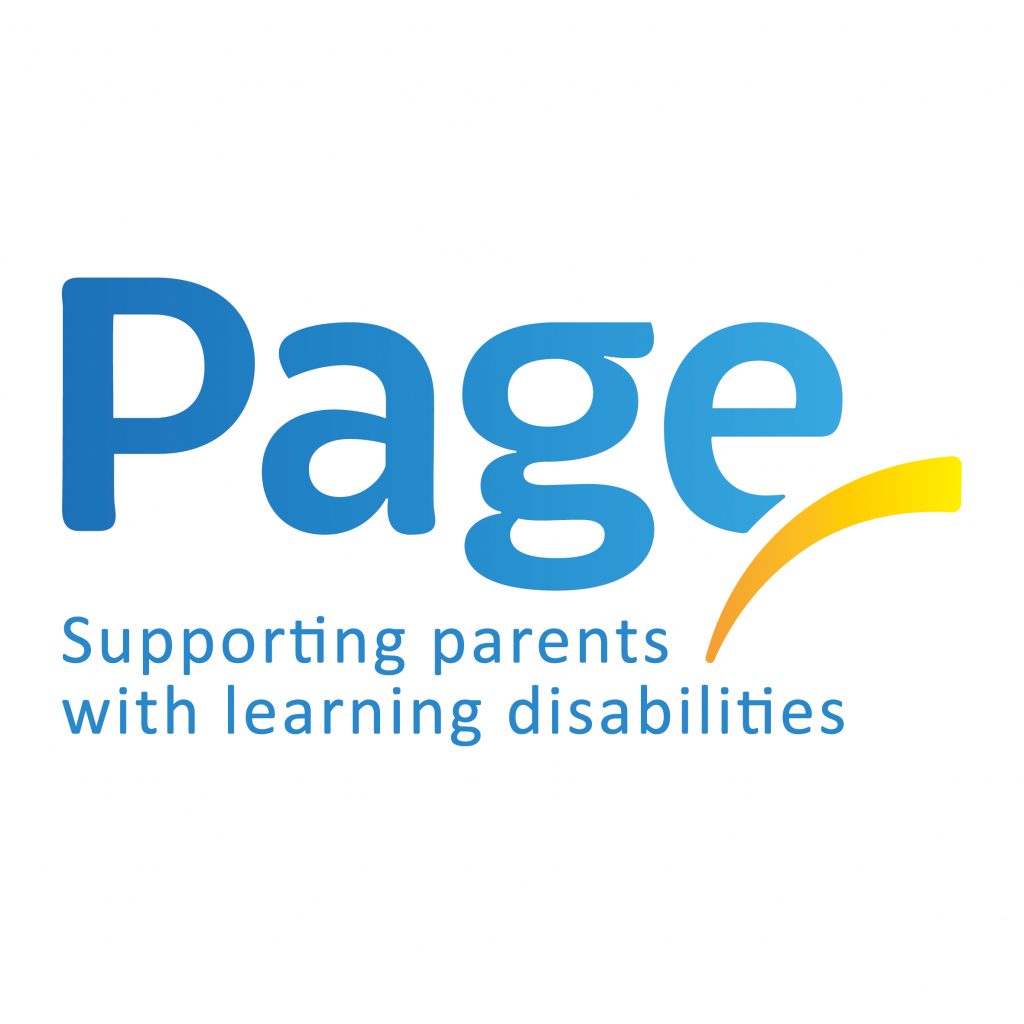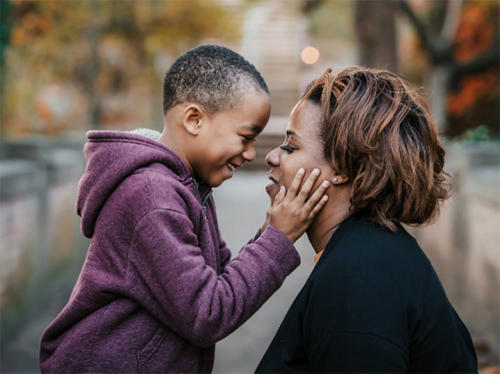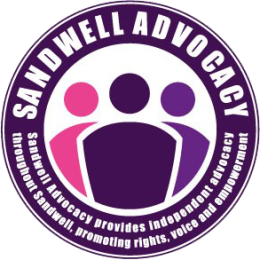
Learning Disability Week takes place from 16th to 21st June 2025. This year’s theme, “Do You See Me?”, underscores the importance of recognising, valuing, and truly listening to people with learning disabilities.
These values are at the core of independent advocacy and are central to the work of our Parents Advocacy, Guidance and Empowerment (PAGE) project. Funded by The National Lottery, this three-year initiative began in September 2022 and is delivered as part of the Communities in Sync (CIS) consortium – a partnership of local health, social care, and well-being providers dedicated to improving the lives of people in the Sandwell community.
About the PAGE Project

PAGE offers a combined independent advocacy and independent living skills service in Sandwell for parents with a learning disability who are subject to Children’s Services intervention – from Early Help Assessments through to court proceedings.
This service is delivered collaboratively by:
- Sandwell Advocacy – providing a dedicated Independent Advocacy Practitioner
- Ideal for All – providing an Independent Living Skills Officer
What Is Independent Advocacy?

Independent advocacy ensures that individuals are supported to have their voices heard. It is not about speaking for someone, but rather standing with them – helping them articulate their views, understand complex processes, and make informed decisions. It empowers individuals to take control of their lives while ensuring that their rights and opinions are respected.
Why It Matters

Research, although limited in this area, highlights critical concerns:
- Parents with a learning disability are disproportionately involved in care proceedings and face a significantly higher risk of having their children removed.
- Gaps in the social care and legal system often leave these parents vulnerable as they navigate complex child protection and legal processes – gaps further widened by the lack of accessible, independent advocacy support.
Further studies also suggest that parents with learning disabilities often experience considerable difficulty when placed in:
- Systems with multiple professionals using unfamiliar language
- Legal and social care processes that are difficult to understand
- High-stakes environments with life-altering consequences
Independent advocates play a key role in addressing these challenges. They:
- Offer essential clarification and support throughout complex processes
- Act as facilitators and representatives, ensuring parents’ views are communicated effectively
- Help build constructive working relationships between parents and the professionals supporting them
- Contribute to better outcomes – sometimes, though not always, supporting families to remain together
Our Approach

Advocates on the PAGE project follow a person-centred, one-to-one approach. We work at the individual’s pace, building trust and creating a safe space for parents to express their concerns, identify their needs, and articulate their wishes. Our aim is to empower individuals to:
- Speak up for themselves
- Understand their rights
- Take an active role in the decision-making processes affecting their lives and their families
Above all, we ensure that the people we support remain at the heart of every conversation and every decision.
A Vital Service
For many of the parents we have supported, independent advocacy has been nothing short of a lifeline. It is not merely a helpful service – it is essential. For parents with a learning disability, it can be the turning point between isolation and empowerment, confusion and clarity, separation and sustained family support.
Case Study

When Sarah* walked into the child protection meetings, she felt overwhelmed, confused, and invisible.
With complex learning needs, the complicated language used by professionals flew over her head, and decisions were made about her and her children, not with her.
That changed when she was referred to the PAGE project and had support from an independent advocate.
Her advocate took the time to explain the process in a way that made sense to her. They worked together to prepare what Sarah wanted to say, in a way she would feel comfortable and not so overwhelmed. It was agreed that the advocate would gently tap Sarah on her arm if she was getting frustrated and call for a 5 minute break.
Sarah grew in confidence and self-esteem. By preparing and supporting her during the meetings the advocate made sure she understood what was being said and her voice was heard – clearly, confidently, and without judgment. After each meeting her advocate would spend time with her going through the points made. They made notes of what she would like to say in the next meeting so she would be prepared.
Sarah said “I thought I didn’t matter, and they had already made their mind up what was going to happen to my children. But my advocate helped me speak up and say things in a way that people really did listen. She has stopped me from giving up!”
Independent advocacy isn’t about speaking for someone – it’s about making sure they’re truly heard. In child protection, where emotions and stakes are high, that can make all the difference. Because everyone has the right to understand, to take part, and to be respected.
*Name changed to protect identity.
Get in Touch
We welcome referrals to the PAGE project from professionals, third-party organisations, and directly from individuals seeking support.
To learn more or to make a referral, please visit our website.
